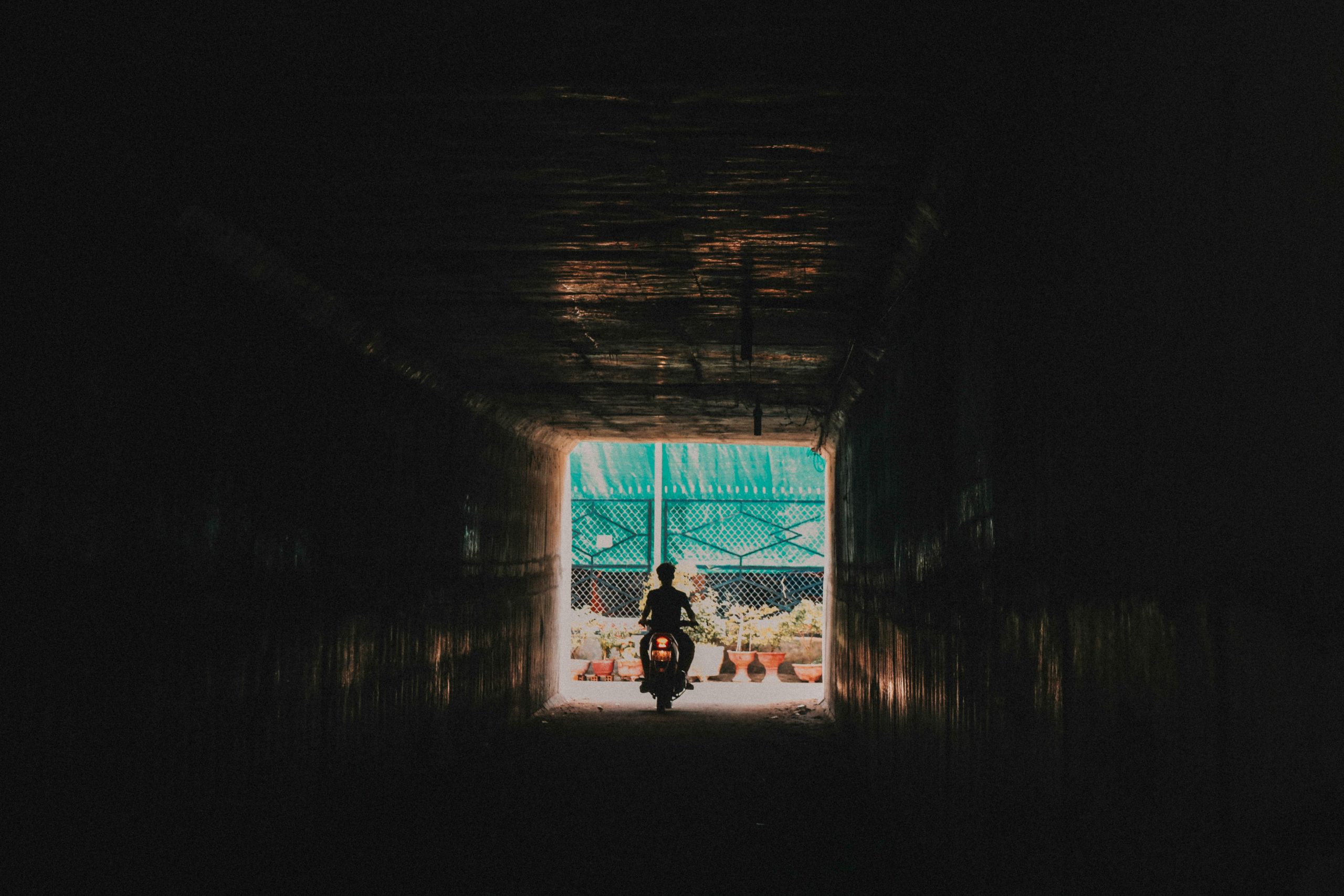I strongly believe that AI will soon be capable of producing entire feature films.
The Future of Filmmaking: How AI Will Revolutionize Movie Creation
In recent years, artificial intelligence has made remarkable strides, leading many to envision a future where full-length movies can be generated entirely by AI. It’s an exciting prospect: imagine a world where children, with their boundless imagination, can simply describe a scene or story, and within minutes, an AI system synthesizes a complete, polished film based solely on their ideas.
This vision isn’t just the stuff of science fiction. Since the release of early AI-driven tools like DALL-E, the technology has rapidly evolved, bringing us closer to this reality. The latest advancements — exemplified by models such as VEO 3 — continue to narrow the gap between imagination and digital creation, enabling more sophisticated and realistic content generation.
We are already witnessing preliminary signs of this transformation in Hollywood. VFX production, traditionally a labor-intensive and costly process, is increasingly being automated through AI technologies. This trend hints at a future where visual effects are primarily crafted by intelligent algorithms, with human artists overseeing and managing the creative process rather than executing every detail manually.
Looking ahead, it’s conceivable that AI could fully handle the visual effects, directing the entire filmmaking pipeline. Human involvement may shift toward creative oversight and storytelling, rather than technical execution. Such a shift could dramatically reduce production costs and open new avenues for artists and creators around the world.
For more insights into how AI is reshaping the entertainment industry, you can explore this recent example of cost savings and process automation achieved by Netflix, which employed generative AI to cut VFX expenses by 30% in their recent production, El Eternauta. Learn More.
The future of filmmaking is fast approaching, and AI is poised to unlock creative possibilities previously considered unimaginable.














Post Comment